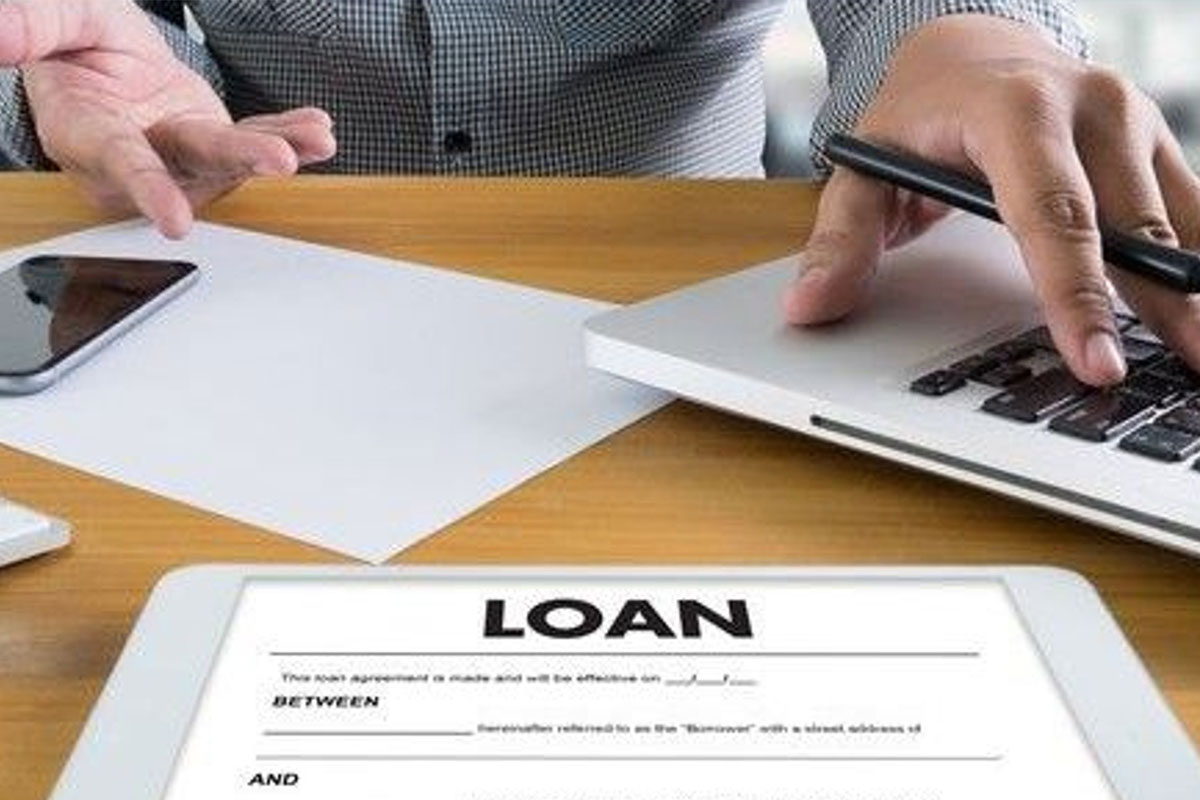BRIDGE LENDING LOAN
Offering Commercial Bridge Lending up to 70% LTV on most commercial property types.


Offering Commercial Bridge Lending up to 70% LTV on most commercial property types.

Offering real estate investors Equity Lending on investment property up to 80% LTV for purchase, refinance or cash out.

Providing Financing and Guidance To Meet Your Business Needs!
Commercial loan interest rates can move quickly with the market so many investors are constantly trying to stay on top of the most recent interest rates to know if they’re getting a good rate from their local lender or if they should shop around. Additionally, it is useful for investors that are in the process of deciding whether or not to refinance a commercial property they already own.
Currently commercial loan rates can vary between 3.070% and 12.000%+, depending on the loan product. Keep in mind that all commercial loan quotes depend on several underwriting factors including the property and borrower location, loan-to-value (LTV), debt service coverage ratio (DSCR), property usage (investment or owner-occupied), property type, and the borrower’s financial strength. The interest rates below should be considered indicative for properties in primary markets with good LTVs
and DSCRs, as well as a strong and experienced sponsor However, because we offer so many loan programs, actual interest rates may be higher or lower than what is listed below.
| Today's Commercial Interest Rates | |
|---|---|
| Conventional Loan Rates : 3.070% - 5.211% | Insurance Rates : 2.830% - 4.520% |
| CMBS Rates : 2.950% - 4.520% | Bridge Rates : 6.211% - 12.211% |
| SBA 504 Rates : 3.360% - 3.590% | Construction Rates : 6.211% - 10.211% |
| SBA 7a Rates : 4.250% - 7.250% | Mezzanine Rates : 8.000%%+ |
| USDA Rates : 5.250% - 8.250% | |
There are many types of commercial loans available in the United States, and the type of loan that a borrower should consider depends on several factors including investment strategy, loan features, other properties in your portfolio, credit availability for future needs, any pertinent tax considerations, and future economic conditions. The main types of commercial loans that investors use are the following:
Conventional mortgages are loans offered by FDIC-insured institutions such as banks or credit unions. They typically require a personal guarantee and an underwriting of the global cash flow of the guarantors, including personal and business tax returns. This loan product can be used for investment or owner-occupied properties.
* Not available for all properties in all marketsA CMBS/Conduit mortgage is a non-recourse loan provided by a financial institution that securitizes the loans after closing by pooling the loans together and offering bonds collateralized by the underlying real estate. Used only for investment properties.
* Not available for all properties in all marketsSBA 504 is a loan product guaranteed by the Small Business Administration for the financing of owner-occupied real estate and/or machinery and equipment. LTVs go up to 90% and may be used for construction or existing properties.
SBA 7a is another loan product guaranteed by the Small Business Administration, but may be used for the financing of owner-occupied, real estate, machinery, equipment, inventory, FF&E, or working capital. LTVs go up to 80% and may be used for construction or existing properties.
A USDA loan may be used for the acquisition or construction of commercial real estate, purchase of machinery or equipment, or establishment of working capital. It is only available in eligible rural areas with populations of 50,000 or less.
(Life Company/LifeCo): Typically the most conservative and competitive of all the products, most insurance lenders prefer newer, high-quality properties at low leverage in major markets and very experienced investors. This product can be used for stabilized properties (or construction in some circumstances).
Bridge loans are used for the light renovation and/or re-stabilization of an investment property. These are typically higher interest rate loans and are used short-term (6-36 months) until the property is fully renovated and re-stabilized. After the property is fully stabilized, the borrower can seek one of the other lower-interest rate loan products mentioned in this section.
Construction loans are used for the substantial rehabilitation, redevelopment, or ground-up construction of a property. Interest rates can range substantially depending on the lender, property type, market, and loan product.
This is a hybrid security of debt and equity that is put onto a property in a second-lien position (behind another “senior secured” lender) when the borrower cannot get a LTV that is high enough to finance a specific piece of commercial real estate. It can be used for both either the acquisition or refinance of an investment property.
Hard Money Loans are offered by private investment institutions for the financing of properties that are not “bankable” due to borrower credit issues, property issues, or other reasons. Because of the extremely high interest rates (typically 12%+), we don’t recommend using this product unless the Borrower has significant experience with this type of loan and can refinance out or sell the property within a short, set time frame.
Fannie Mae is a non-recourse multifamily loan product offered for experienced investors with properties in primary or secondary markets; tertiary markets only considered on an exception basis and requires a waiver. Click here for apartment loan rates.
Freddie Mac is another non-recourse multifamily loan product offered to experienced investors with properties in major markets. The main difference between this product and Fannie is the available structures for its small balance loan program (i.e. hybrid, step-down prepayment penalties). Click here for apartment loan rates.
FHA is a non-recourse mortgage product that is federally guaranteed by the Federal Housing Authority’s Department of Housing and Urban Development (HUD). It can be used for multifamily properties or various medical facilities such as assisted living or hospitals.. Click here for apartment loan rates.
In order to qualify for a commercial loan, a property must be zoned appropriately for either business/commercial or multifamily use. This would include the following types of buildings:
Residential properties (i.e. single-family dwellings with 4 units or less) usually have much lower interest rates available than commercial properties. Additionally, the term and amortization typically match on a residential loan (i.e. 30/30), whereas the term of a commercial loan is usually shorter than the amortization (i.e. 7/25), causing the borrower to have to refinance or payoff the loan (or sell the property) at or before the end of the loan term.
Commercial interest rates may be calculated a variety of ways depending on the lender’s internal cost of funds. However, the most common way a lender calculates an interest rate is by taking a an index (i.e. LIBOR, treasury, swaps, FHLB, etc.) and adding a “spread” to that index, which is what the lender is making off of the loan. For instance, if the lender is pricing at LIBOR (currently at 2.211 + 2.00%), your interest rate would be 4.211%.